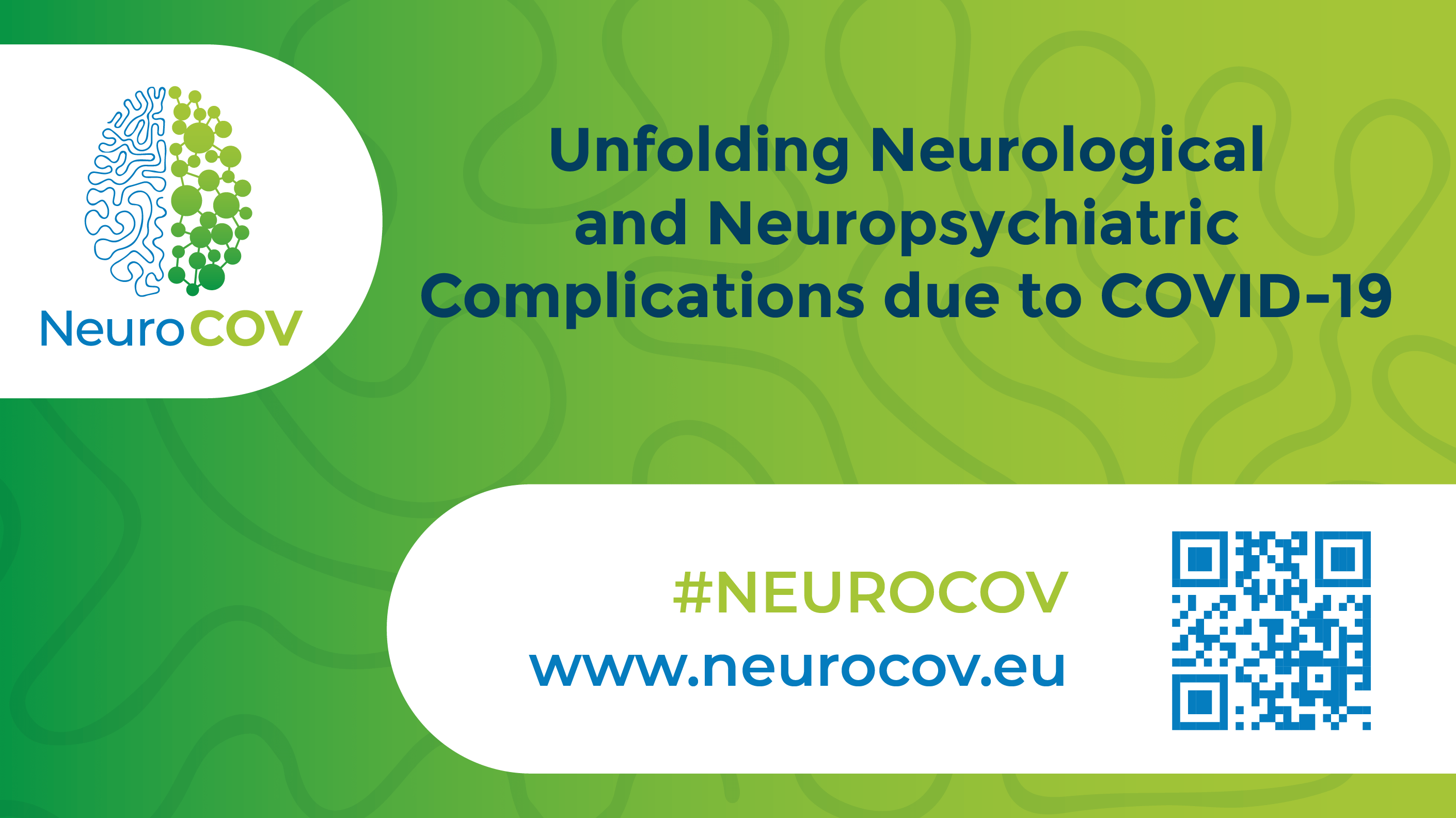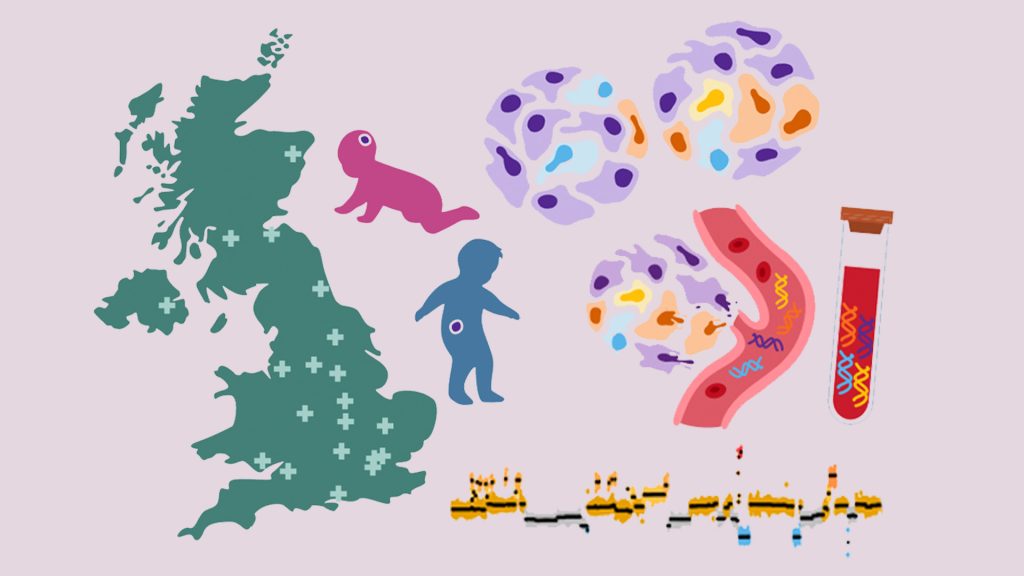Human Technopole Studies Neurological and Psychiatric Effects of Covid-19

The international research project ‘NEUROCOV’ on the long-term neurological and psychiatric effects of COVID-19 has kicked off. The five-year EU-funded project was developed by Human Technopole and the German Centre for Neurodegenerative Diseases (DZNE) and involves ten institutes from seven countries. Human Technopole, which will receive EUR 3.2 Million European Commission funding, will be engaged in the study of the underlying mechanisms of the disease, leading to the development of new therapies.
Milan, 9 September 2022 – It is becoming increasingly clear how Covid-19 can lead to numerous neurological and neuropsychiatric complications, including long-term ones. However, it is still unknown which brain cells in particular the virus attacks, how it damages them, directly or indirectly, and what makes individuals vulnerable or resistant to such complications. To answer these questions, researchers from the Human Technopole and the German Centre for Neurodegenerative Diseases (DZNE) have involved eight other institutes from seven European countries to develop the ‘NEUROCOV‘ research project, which has been awarded EUR 8.4 Million in funding from the European Commission under the Horizon Europe programme for the next five years. The study, which kicked off in September 2022, is coordinated by the German Centre for Neurodegenerative Diseases (DZNE) in Bonn and involves centres in Belgium, Germany, Finland, Israel, Sweden and the Netherlands in addition to Italy – in which Human Technopole and the University of Milan are participating. A significant part of the European funding, EUR 3.2 Million, is earmarked for Human Technopole’s work, testifying to the Institute’s central role in this research.
Led by Giuseppe Testa, Head of the Human Technopole’s Neurogenomics Centre, the study will involve researchers from several of the Institute’s Research Centres: Neurogenomics, Genomics and Computational Biology, which will be supported by the Automated Stem Cell and Organoid Facility and the Genomics Facility. In particular, they will study the molecular mechanisms that are activated within cells in the so-called ‘NeuroCOVID‘ – the set of neurological and neuropsychological disorders related to COVID-19 infection. This new knowledge may help to develop new therapies and approaches to predict the risk of neurological symptoms. Data will be collected through studies on patients of all ages in several European countries, which will also involve ‘Long COVID’ patient communities.
In particular, the project will focus on the involvement of the immune system and the direct loss of neuronal functions, which form the cellular and molecular basis of any cognitive decline or neurodegeneration.
The long-term neurological and psychiatric complications of COVID-19 include impairment of the sense of smell and taste, reduced ability to concentrate, cognitive and memory deficits, psychosis and epilepsy, as well as the consequences of strokes and other cerebrovascular changes. The impact of this phenomenon affects not only individuals – with repercussions on everyday social and professional life – but also society and healthcare systems.
Giuseppe Testa, Head ofthe Human Technopole’s Centre for Neurogenomics stated: ‘A distinctive feature of the project is its multi-scale design ranging from socio-economic impact at the population level to the molecular mechanisms underlying individual vulnerabilities to NeuroCOVID. To do this, several highly interdisciplinary teams will study the virus-host interaction by combining brain organoids and high-resolution omics technologies with artificial intelligence to develop predictive models capable of assessing individual risk of developing NeuroCOVID complications and long-term effects’.
Human Technopole Director Iain Mattaj emphasised: ‘The COVID-19 pandemic continues to pose a crucial challenge to our society and requires a sustained and coordinated response from the international scientific community. The ‘NEUROCOV’ project, which builds on the previous Covidiamo project that our researchers have been working on since the early months of the pandemic, was created in response to the pressing need to investigate the host-virus interaction in the onset of neurological and psychiatric symptoms resulting from COVID-19 with the long-term aim of developing new therapies. With their expertise in the fields of single cell genomics, computational analysis using artificial intelligence algorithms, and state-of-the-art stem cell-based experimental systems, HT’s scientists will contribute to a better understanding of NeuroCOVID’.
Laying the foundations for the development of the ‘NEUROCOV’ project was the previous ‘COVIDIamo’, launched in 2020 as part of the ‘LifeTime for Covid’ initiative by the pan-European ‘LifeTime’ research consortium. As part of COVIDIamo, HT researchers led by Professor Giuseppe Testa in close collaboration with hospital and university partners – European Institute of Oncology, Luigi Sacco Hospital in Milan, Città della Speranza Paediatric Research Institute in Padua and Humanitas Clinical Institute in Milan – conducted molecular studies on the immune cells of COVID-19 patients, integrating immunogenomic characterisation with clinical and epidemiological analyses. The studies showed how different immune cells react to SARS-CoV-2 infection and how the response differs between patients with different disease severity.




